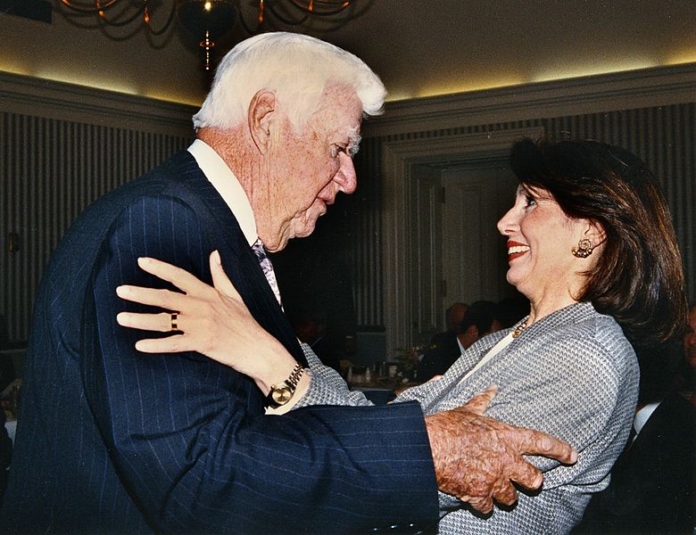Thomas “Tip” O’Neill, a powerful speaker of the U.S. House of the Representatives four decades ago, frequently reminded his colleagues that “all politics is local.” He meant that big ideological debates about the role of government, the size of the military, and the goals of policy were decided by voters’ understanding of the implications for their immediate neighborhoods. What did a government program mean for the workers furloughed from the nearby factory? Whose children served in the nation’s most recent foreign intervention? And which neighbors were offended by government support or opposition to traditional modes of behavior. Citizens cared about how national decisions affected them close to home.
Tip O’Neill was, of course, correct. He envisioned localities as responders to national debates and decisions. In a time when Congress frequently passed major legislation on pressing policy issues, this emphasis made sense. Washington was the cockpit of American, and frequently, international power. The Reagan Revolution of the early 1980s was addressed to O’Neill, aimed at reversing years of national Democratic efforts to expand the nation’s social safety net with market alternatives authored by lawyers and economists who worked for the Republican White House. Policy debates were national; voters cast their ballots based on local perceptions of those debates.
The first two decades of the 21st Century have transformed this relationship. With the spread of new communications and shipping technologies, national actors lost their control over policy debates. An articulate and creative writer, sitting in a private garage with a reliable Internet connection, could now set the public agenda around tax policy, guns, abortion, the environment, and various other issues. National figures became responders to the constituents who formerly followed them.
The same was true for new digital businesses, especially Amazon, that solicited customers and shipped products across boundaries with rapidity and little attention to traditional regulations. Goods, services, and capital flowed faster and farther; governments could not keep up. People also began to move more. By the second decade of the 21st Century more American residents were foreign-born than in any period during the previous one hundred years. Immigration increased even as the governments worked harder to stop it, and obviously failed.
Rigid partisan divisions, intensified by the frustrations of citizens and politicians who now felt powerless, stymied creativity in Congress and other national institutions. Instead of legislating, elected national leaders have spent much of the last decade trading blame. They have carved out special protections and benefits for powerful groups; they have not set viable policy alternatives. National leaders have assumed a frightened defensive posture, expressed with the most negative (and often slanderous) language.
Geo-urbanism, a term we invented to frame the mission of Urbānitūs, captures these difficult dynamics. All politics remain local, but now the local drives the global. National actors are awkwardly caught in-between. The dynamism is all local, the effects are broadly global. The national is in perpetual crisis.
South-by-Southwest is perhaps the best example. It is Austin through-and-through: the informal vibe; the eccentric mix of technology, entertainment, and politics; the tacos and barbecue; and the warm late winter weather. The participants come from around the world to share ideas, do business, and build cool networks. The SXSW scene is intensely local, setting off global waves that wash over other creative, hip communities. National capitals are largely irrelevant.
Geo-urbanism is the great frontier of our time. Local creativity can directly address global challenges – from inequality and climate change to homelessness and gun control. The debates around these issues in the Austin City Council and other municipal venues matter more than ever. They are watched worldwide, becoming imitated (or resisted) models overnight. Cities are the great laboratories of policy experiment, even if they do not understand fully what that means.
Urbānitūs is designed to explain geo-urbanism in action, with Austin as the prime actor and case study. The diverse institutions in Austin – the University of Texas, the tech community, the entertainers, the municipal government, and many others – constitute a dynamic urban culture, and they are together a global powerhouse. Their peers are international. Their interests, ambitions, and stakeholders are situated on all corners of the planet.
In Tip O’Neill’s days, mayors did little international work. Their local was almost exclusively local. Geo-urbanism is about how the local has become global. This shift places new strains on city resources (witness the challenges of development in Austin) and it opens promising opportunities for innovative policy (think of Austin’s efforts to address climate change.)
Our global future is uncertain, but it is indeed local. We must reimagine our community to see our larger world.
If you like what you’ve been reading, please click here to subscribe and we will send you updates and our newsletter.
